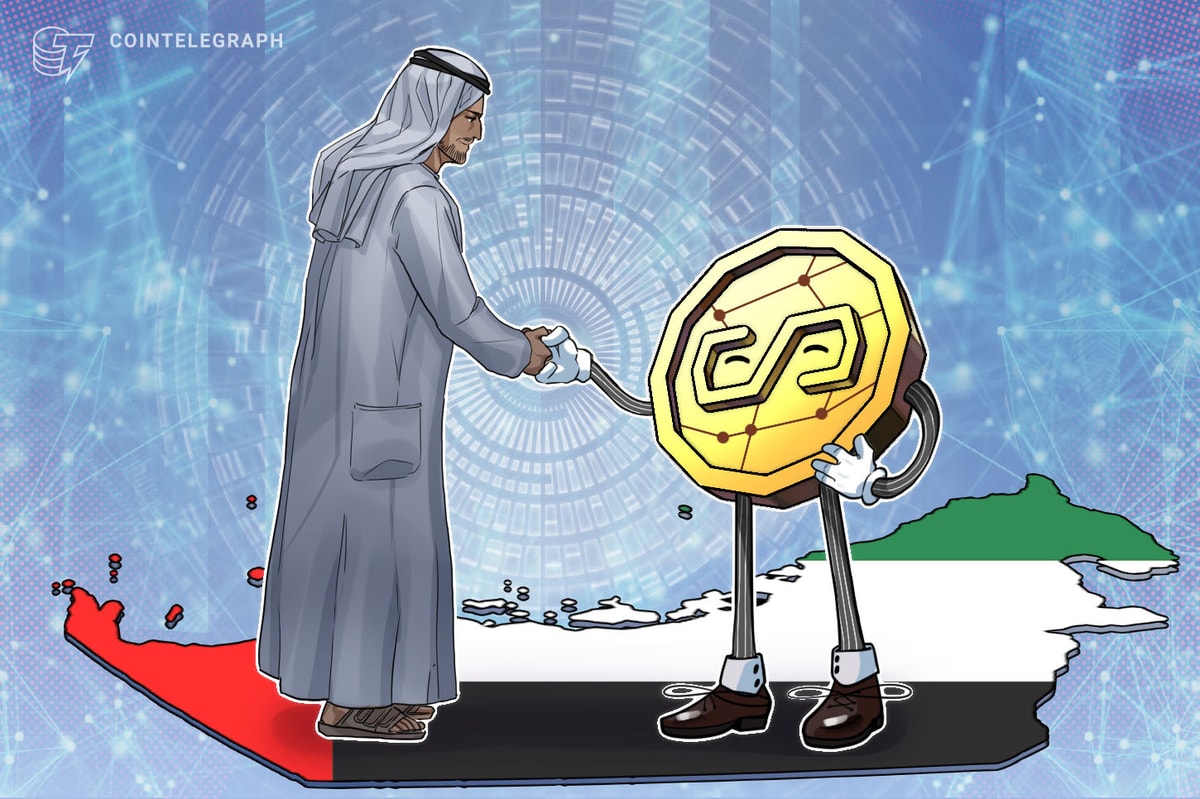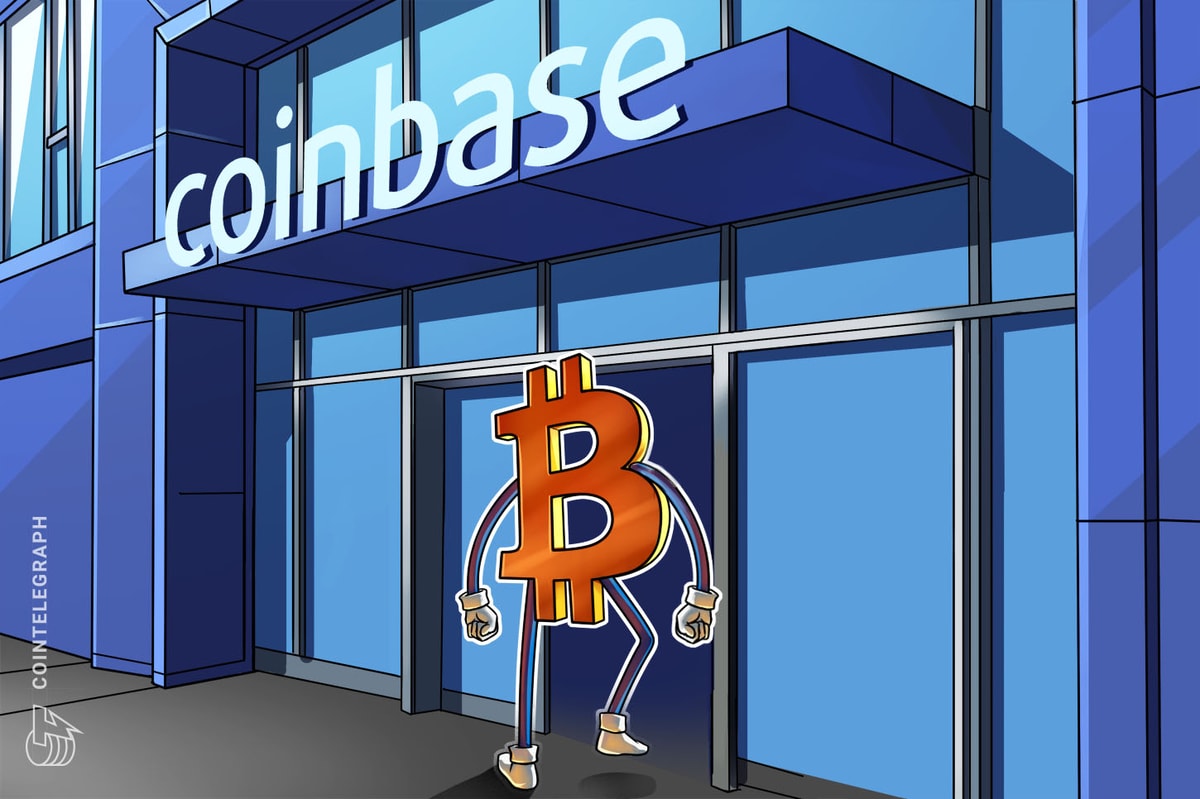The Central Bank of the United Arab Emirates (CBUAE) has granted in-principle approval to AED Stablecoin under its Payment Token Service Regulation framework, the company said in a news release.
AED Stablecoin’s preliminary license approval makes it a frontrunner in the race to become the first issuer of a regulated dirham-pegged stablecoin in the UAE.
This development eases concerns about potential restrictions on crypto payments, which had arisen following the CBUAE’s recent release of its licensing framework, which prohibits crypto for payments unless it involves licensed dirham-pegged tokens.
If fully approved, AED Stablecoin’s AE Coin could serve as a local trading pair for cryptocurrencies in exchanges and decentralized platforms, while allowing merchants to accept it for goods and services.
Related: UAE central bank approves licensing system for stablecoins
The central bank’s licensing framework also bars algorithmic stablecoins and privacy tokens, favoring fully cash-backed assets.
Issuers are required to back their stablecoins with cash in a separate escrow fully denominated in dirhams within a UAE bank.
Alternatively, they may hold at least 50% of reserve assets as cash, with the remaining portion invested in UAE government bonds and CBUAE Monetary Bills with an average duration of up to six months.
UAE’s crypto red carpet
AED Stablecoin is expected to face competition from Tether, the issuer of the world’s largest stablecoin by market capitalization, USDt (USDT).
Tether’s USDT leads all stablecoins as it nears $120 billion market capitalization. Source: CoinGecko
Tether recently said that it has partnered with local firms Phoenix Group and Green Acorn Investments to introduce its own dirham-pegged stablecoin.
Related: UAE exempts crypto transfers, conversion from value-added tax
Meanwhile, the UAE’s crypto-friendly regulatory environment has been attracting major players.
OKX recently launched a retail and institutional trading platform in the UAE after obtaining a full license, which includes derivatives trading for qualified institutional investors.
Additionally, crypto exchange M2 has opened a new system that allows residents to directly convert dirhams into Bitcoin (BTC) and Ether (ETH).
Magazine: The DeFi bots pumping Solana’s stablecoin volume










